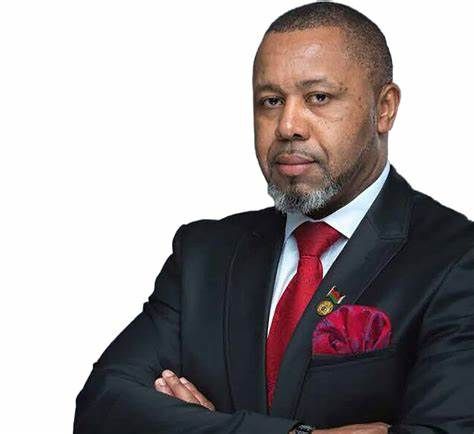
Lilongwe, Malawi – A wave of arrests has swept across Malawi as citizens find themselves in hot water for discussing unverified rumors about the death of Vice President Saulos Chilima. Authorities have detained several individuals in connection with the circulation of the false information, citing concerns over public order and national security.
The arrest spree follows a series of social media posts and conversations in public spaces speculating about the vice president's health and whereabouts. Despite the government's repeated assurances that Chilima is alive and well, the rumors have continued to spread, prompting swift action from law enforcement.
Government Response
The Malawian government has expressed serious concerns over the dissemination of false information, which officials argue has the potential to incite panic and unrest. Information Minister Gospel Kazako released a statement urging citizens to refrain from spreading unverified information and warned that legal action would be taken against those found guilty of perpetuating the rumors.
"We are in a digital age where misinformation can spread like wildfire," Kazako said. "It is imperative that we all act responsibly and verify information before sharing it. The government will not tolerate any actions that threaten national security and public order."
Public Reaction
The arrests have sparked a heated debate about freedom of speech and the role of government in regulating information. Many Malawians have taken to social media to express their outrage, arguing that the arrests are an infringement on their right to free expression. Human rights activists have also raised concerns, calling for a balance between maintaining public order and respecting individual freedoms.
"While it is important to prevent the spread of false information, it is equally important to protect the right to free speech," said Billy Mayaya, a prominent human rights activist. "The government must ensure that its actions do not undermine the fundamental freedoms of its citizens."
Legal Implications
Legal experts have weighed in on the situation, highlighting the complexities involved in balancing national security with individual rights. According to Malawian law, spreading false information that threatens public order is a criminal offense, punishable by fines and imprisonment. However, critics argue that the laws are often applied selectively and can be used to suppress dissent.
"The law is clear on the dissemination of false information, but its enforcement must be fair and just," said legal analyst Felix Tembo. "The government must ensure that its actions are not perceived as an attempt to silence opposition or critical voices."
Moving Forward
As the situation unfolds, the Malawian government has reiterated its commitment to transparency and has called on the public to rely on official sources for accurate information. Meanwhile, human rights organizations continue to monitor the arrests, advocating for the protection of civil liberties.
The controversy surrounding the rumored death of Vice President Saulos Chilima serves as a stark reminder of the challenges faced by governments in the digital age. As misinformation continues to pose a significant threat, finding a balance between security and freedom remains a delicate task for authorities worldwide.